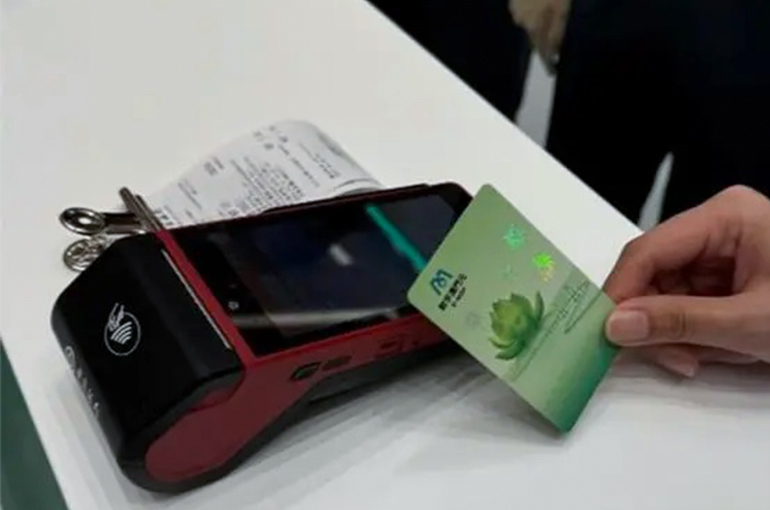 Macao Unveils Digital Currency Prototype
Macao Unveils Digital Currency Prototype(Yicai) Dec. 13 -- The Macao Special Administrative Region has, with the support of the People’s Bank of China, developed a prototype roadmap for the Digital Macau Pataca, also known as e-MOP, laying the foundation for the future development of the virtual sovereign currency, Lei Wai Nong, Secretary for Economy and Finance of Macao, said yesterday.
The digital Pataca will be legal tender in the Special Administrative Region and a fully convertible currency, said Chan Sau San, chairman of the Board of Directors of the Monetary Authority of Macao.
The digital currency initiative includes hard and soft wallets. Hard wallets will be installed on hardware and will meet the needs of tourists, the elderly and other less tech savvy groups. The soft wallet is in the form of an app. In addition to the usual scan and pay functions, the app will be able to perform additional functions such as transferring funds, withdrawing from bank accounts and top ups. Other innovative features will be developed in the future.
The e-MOP will only be launched once the infrastructure is complete and it has been fully tested to ensure that risks are manageable, according to the white paper released yesterday.
In the short term, the application of the digital Pataca will focus on retail, Chan said. In the medium and long term, it will be expanded to wholesale once the software and hardware infrastructure becomes more mature and eventually it will be extended to cross-border payments.
The roll out of the e-MOP will provide Macau residents and businesses with a more convenient and secure financial transaction tool, Lei said. It will promote the development of the local socio-economic and financial industries, and will become an important bridge for financial and economic cooperation between the Special Administrative Region and other countries and regions, especially Portuguese-speaking countries.
The e-MOP will strictly abide by the exchange arrangements and regulatory principles of international organizations for central bank digital currencies, will respect the policies and laws of various countries or regions, and will meet regulatory and compliance requirements, Chan said.
Editors: Tang Shihua, Kim Taylor